Home>Renovation & DIY>Home Renovation Guides>Which Receipts To Keep For Home Improvements


Home Renovation Guides
Which Receipts To Keep For Home Improvements
Modified: January 4, 2024
Discover which receipts to keep for home renovations with our comprehensive guide. Learn how to organize your paperwork and maximize your deductions. Simplify your tax season with our expert tips.
(Many of the links in this article redirect to a specific reviewed product. Your purchase of these products through affiliate links helps to generate commission for Storables.com, at no extra cost. Learn more)
Introduction
When it comes to home improvements, keeping track of receipts is not only a good practice but also a crucial aspect of responsible homeownership. Whether you're embarking on a major renovation, upgrading appliances, enhancing energy efficiency, or simply performing routine maintenance and repairs, maintaining a record of your expenses can offer various benefits. Not only do receipts serve as proof of purchase, but they can also aid in potential warranty claims, resale value assessments, and tax deductions.
In this comprehensive guide, we'll delve into the types of receipts you should retain for different home improvement endeavors. By understanding the significance of preserving these documents, you can navigate the intricacies of homeownership with confidence and foresight. Let's explore the specific receipts you should keep for major renovations, appliance upgrades, energy-efficient improvements, and repairs and maintenance. Whether you're a seasoned homeowner or a novice embarking on your first home improvement project, this guide will equip you with the knowledge to manage your receipts effectively and reap the long-term benefits.
Key Takeaways:
- Keep receipts for major renovations, appliance upgrades, energy-efficient improvements, and repairs. They serve as proof of investment, aid in warranty claims, and can influence future property assessments and potential resale value.
- Preserving receipts for home improvements is crucial for responsible homeownership. It provides tangible evidence of your commitment to sustainability, energy efficiency, and property maintenance, offering long-term benefits and peace of mind.
Receipts for Major Renovations
Undertaking major renovations is a significant investment in your property, and it’s essential to retain all relevant receipts for these projects. Whether you’re remodeling your kitchen, renovating a bathroom, or adding an extension, keeping meticulous records can mitigate potential issues in the future. Here are the types of receipts you should prioritize for major renovations:
- Contractor Invoices: When hiring professionals for renovations, ensure that you obtain detailed invoices outlining the scope of work, labor costs, materials used, and any subcontractor expenses. These invoices serve as crucial documentation for the services rendered and the associated costs.
- Material Purchases: Retain receipts for all materials purchased, including flooring, fixtures, cabinetry, and any other supplies essential to the renovation. These receipts validate the expenses incurred and can be valuable for warranty purposes.
- Permit Fees: If your renovation necessitates building permits, keep receipts for the associated fees. These documents demonstrate compliance with local regulations and are vital for future property assessments and potential resale.
- Design and Architectural Services: If you engage the services of an architect or designer, maintain receipts for their professional fees. These documents substantiate the investment in planning and design, which can be advantageous for appraisal and insurance purposes.
- Insurance Claims: In the event of renovations due to damage or unforeseen circumstances, retain receipts related to insurance claims and any out-of-pocket expenses. These records are essential for insurance reimbursement and can facilitate a smoother claims process.
By retaining these receipts, you establish a comprehensive record of the financial outlay and professional services involved in your major renovations. This documentation is invaluable for assessing the overall investment in your property and can influence future decisions regarding maintenance, insurance coverage, and potential resale value.
Receipts for Appliance Upgrades
Upgrading household appliances is a common endeavor that can enhance the functionality, energy efficiency, and aesthetic appeal of your home. Whether you’re investing in a new refrigerator, dishwasher, washing machine, or HVAC system, maintaining receipts for these upgrades is essential. Here’s a breakdown of the receipts you should retain for appliance upgrades:
- Purchase Invoices: When acquiring new appliances, it’s imperative to keep the purchase invoices or receipts. These documents verify the make, model, and purchase date of the appliances, serving as proof of ownership and facilitating potential warranty claims.
- Extended Warranty Documentation: If you opt for extended warranties on your new appliances, retain the associated documentation. This includes warranty terms, coverage details, and payment receipts, providing comprehensive protection for your investments.
- Installation and Delivery Receipts: For appliances requiring professional installation or delivery services, keep receipts or invoices from the service providers. These records validate the proper installation of the appliances and any associated delivery charges.
- Energy Efficiency Certifications: In the case of energy-efficient appliance upgrades, retain the energy efficiency certifications or labels. These documents are crucial for potential tax credits or rebates related to energy-efficient home improvements.
- Disposal or Recycling Fees: If you’re replacing old appliances and incurring fees for their disposal or recycling, retain receipts for these expenses. Some jurisdictions offer incentives or rebates for proper appliance disposal, and these receipts can support potential reimbursement claims.
By preserving these receipts, you establish a comprehensive record of your appliance upgrades, ensuring that you have the necessary documentation for warranties, energy efficiency incentives, and proper installation. These records contribute to the overall management of your home’s assets and can be advantageous for future maintenance, insurance claims, and financial planning.
Keep receipts for any materials or services related to home improvements, such as renovations, repairs, or upgrades. This includes receipts for supplies, labor, and permits. These receipts will be important for tax purposes and potential future sales of your home.
Receipts for Energy-Efficient Improvements
Implementing energy-efficient upgrades in your home not only contributes to environmental sustainability but also offers long-term cost savings. Whether you’re installing solar panels, upgrading to energy-efficient windows, or enhancing insulation, maintaining receipts for these improvements is paramount. Here’s a breakdown of the receipts you should retain for energy-efficient upgrades:
- Product Purchase Receipts: When investing in energy-efficient products such as solar panels, smart thermostats, or energy-efficient appliances, keep the purchase receipts. These documents verify the acquisition of energy-efficient technologies and serve as proof of investment for potential tax incentives or rebates.
- Installation Invoices: For energy-efficient upgrades requiring professional installation, retain invoices from the installation contractors. These receipts validate the proper installation of the energy-efficient systems and can be beneficial for warranty claims and future property assessments.
- Energy Performance Certificates: In some cases, energy-efficient improvements may result in improved energy performance ratings for your property. Retain any energy performance certificates or assessments, as these documents can enhance the resale value of your home and potentially qualify for energy efficiency certifications or incentives.
- Rebates and Incentives Documentation: If you receive rebates or incentives for your energy-efficient improvements, keep all associated documentation, including application forms, approval notices, and payment receipts. These records substantiate the financial benefits derived from your energy-saving initiatives.
- Home Energy Audit Reports: If you conduct a home energy audit before and after implementing energy-efficient upgrades, retain the audit reports. A comparative analysis of energy consumption and efficiency can demonstrate the tangible benefits of your investments in energy-efficient improvements.
By preserving these receipts, you establish a comprehensive record of your energy-efficient upgrades, providing documentation for potential tax benefits, property appraisals, and energy performance assessments. These records not only contribute to the sustainability and efficiency of your home but also offer tangible benefits in terms of cost savings and property value.
Receipts for Repairs and Maintenance
Regular maintenance and timely repairs are essential for preserving the functionality and value of your home. Keeping track of receipts for maintenance and repair expenses is crucial for maintaining a comprehensive record of your property’s upkeep. Here’s a breakdown of the receipts you should retain for repairs and maintenance:
- Contractor and Service Invoices: When engaging professionals for home repairs or maintenance services, ensure that you obtain detailed invoices outlining the services rendered, labor costs, and any materials used. These invoices serve as essential documentation for the work performed and associated expenses.
- Replacement Parts and Materials: Retain receipts for any replacement parts, materials, or supplies purchased for home repairs and maintenance. These receipts validate the expenses incurred and can be valuable for warranty claims and future maintenance reference.
- Service Agreements and Contracts: If you have service agreements or contracts for recurring maintenance services such as HVAC maintenance, pest control, or landscaping, keep copies of these documents. They provide a record of scheduled maintenance and professional services performed on your property.
- Home Improvement Store Purchases: Receipts for purchases at home improvement stores for maintenance and repair supplies, such as paint, tools, and hardware, should be retained. These receipts substantiate the expenses related to DIY repairs and maintenance projects.
- Warranty and Guarantee Documentation: For any repairs or maintenance services covered under warranties or guarantees, maintain the associated documentation. This includes warranty terms, coverage details, and any repair or service receipts related to warranty claims.
By preserving these receipts, you establish a comprehensive record of your home’s maintenance and repair history, which is invaluable for property assessments, future maintenance planning, and potential resale considerations. These records not only demonstrate your commitment to maintaining your property but also contribute to its overall value and desirability in the real estate market.
Read more: Which Home Improvement Shows Are Staged
Conclusion
Maintaining meticulous records of receipts for home improvements, repairs, and maintenance is a fundamental aspect of responsible homeownership. These receipts serve as tangible evidence of your investments in the upkeep, enhancement, and energy efficiency of your property. Whether you’re embarking on major renovations, upgrading appliances, implementing energy-efficient improvements, or tending to routine maintenance and repairs, the documentation of your expenses offers numerous benefits.
By retaining receipts for major renovations, you establish a comprehensive record of the financial outlay and professional services involved in enhancing your property. These documents not only validate your investments but also contribute to future property assessments and potential resale considerations.
For appliance upgrades, the preservation of purchase invoices, extended warranty documentation, and installation receipts ensures that you have the necessary proof of ownership, protection, and proper installation for your new appliances. These records are essential for warranty claims, energy efficiency incentives, and future maintenance planning.
Energy-efficient improvements, when supported by retained receipts, offer tangible evidence of your commitment to sustainability and energy conservation. The documentation of product purchases, installation invoices, and energy performance certificates can lead to potential tax benefits, property value enhancements, and long-term cost savings.
Finally, the comprehensive record of receipts for repairs and maintenance demonstrates your dedication to preserving the functionality and value of your home. These records provide valuable insights for future maintenance planning, property assessments, and potential resale considerations.
By understanding the significance of preserving these receipts and the benefits they offer, you can navigate the complexities of homeownership with confidence and foresight. As you embark on your home improvement projects, remember that the careful documentation of your expenses is not only a testament to your dedication as a homeowner but also a strategic asset for the long-term management and valuation of your property.
Frequently Asked Questions about Which Receipts To Keep For Home Improvements
Was this page helpful?
At Storables.com, we guarantee accurate and reliable information. Our content, validated by Expert Board Contributors, is crafted following stringent Editorial Policies. We're committed to providing you with well-researched, expert-backed insights for all your informational needs.







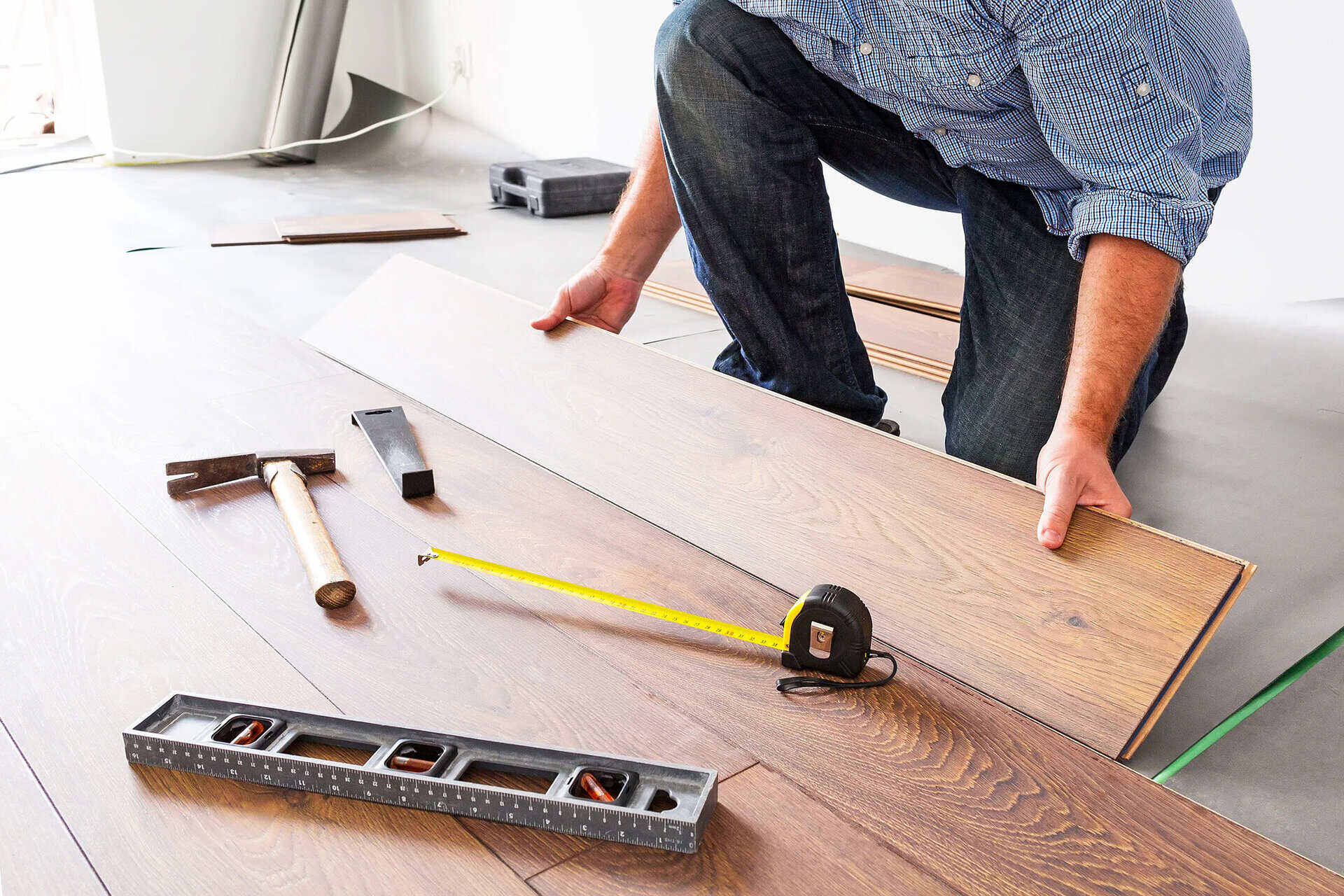

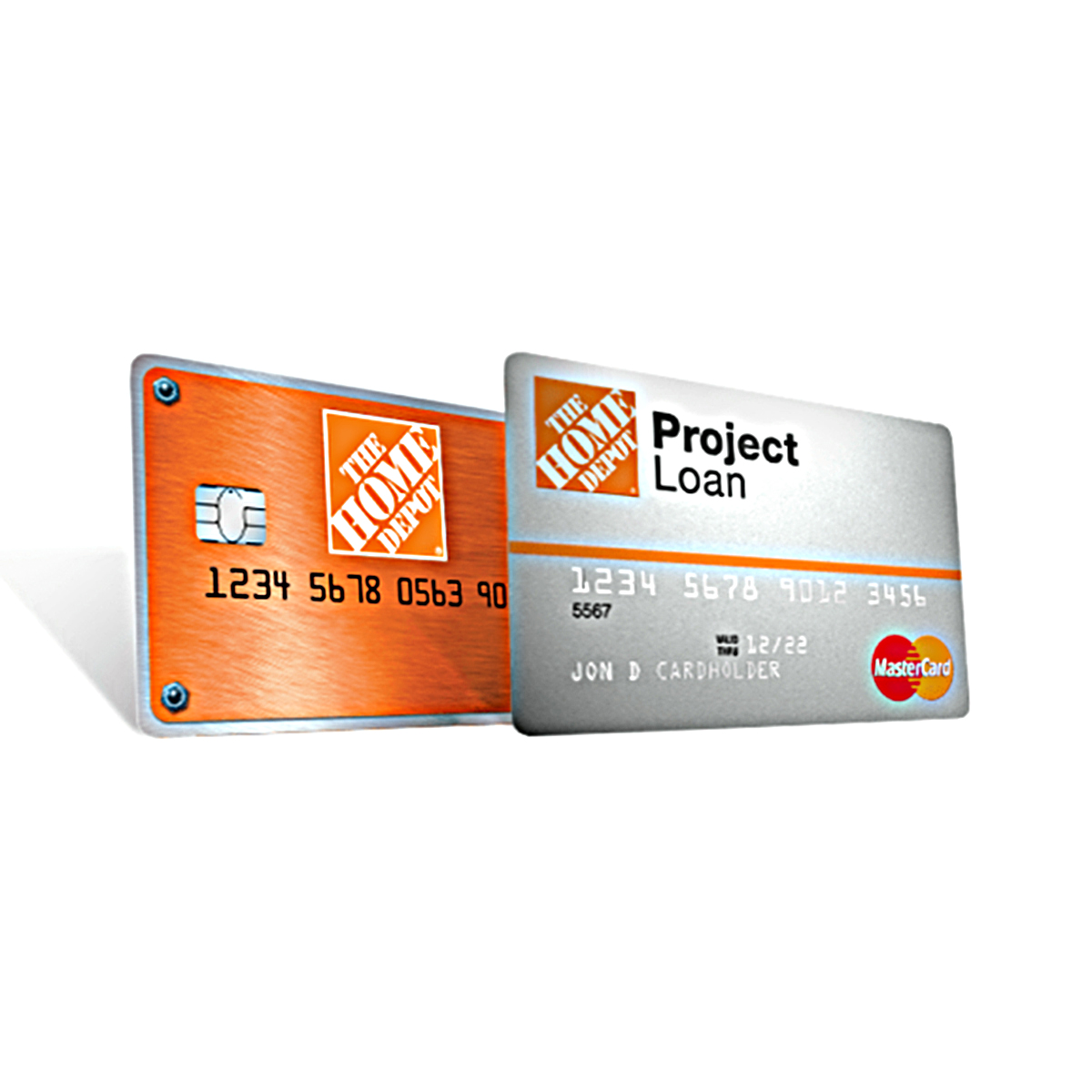
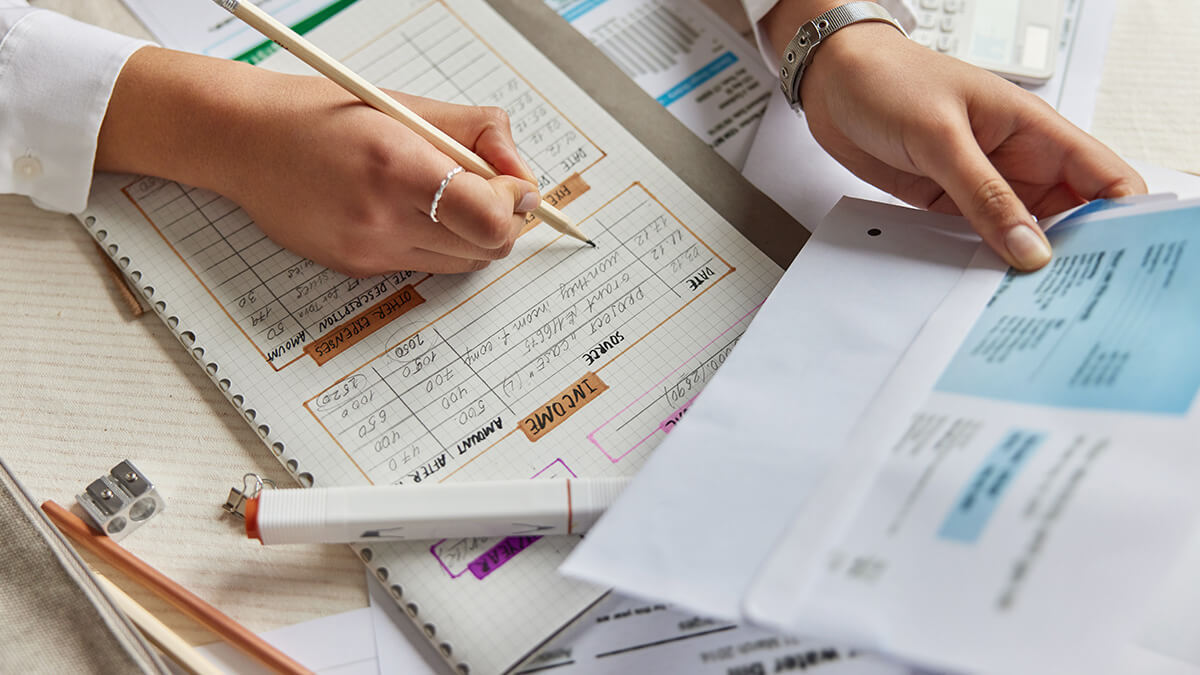
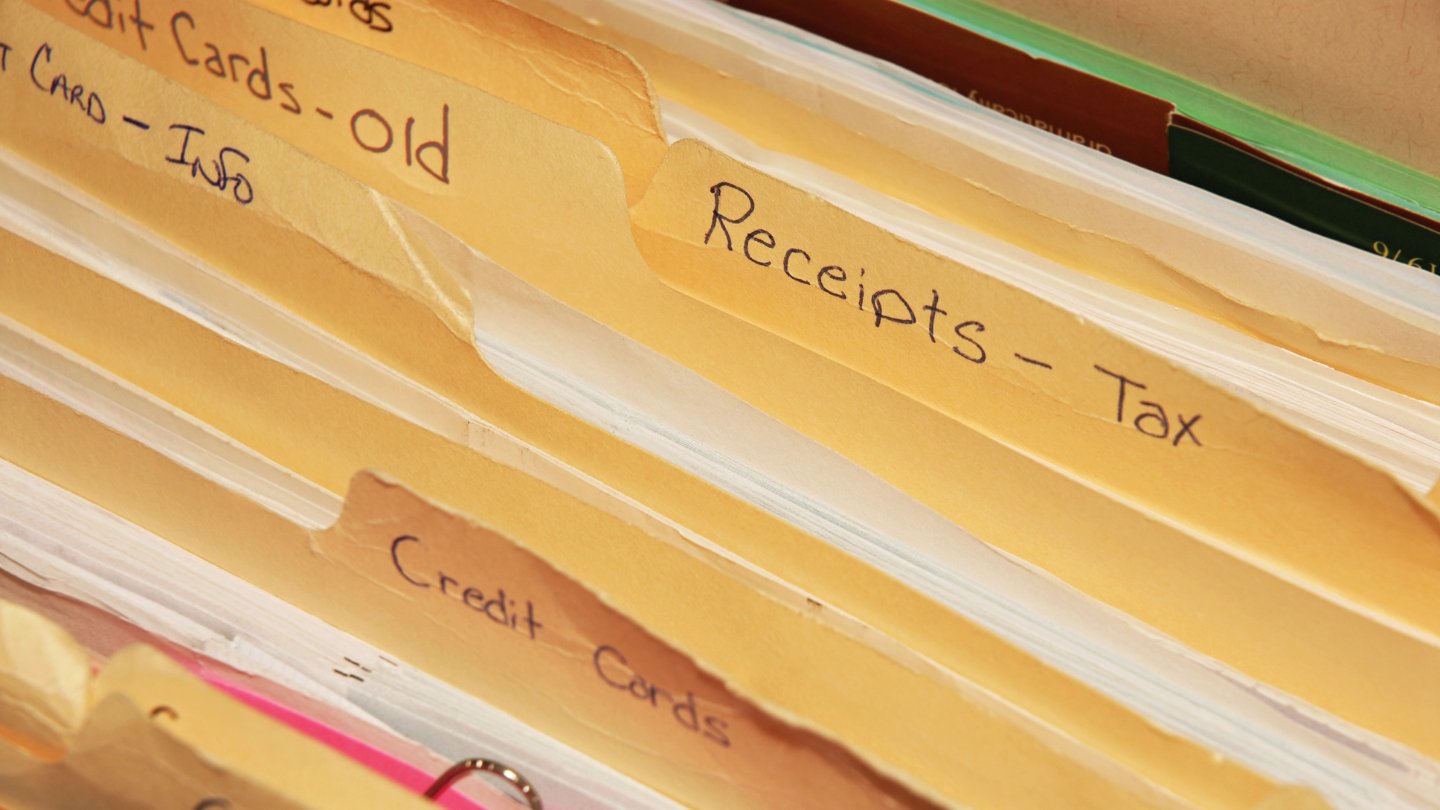

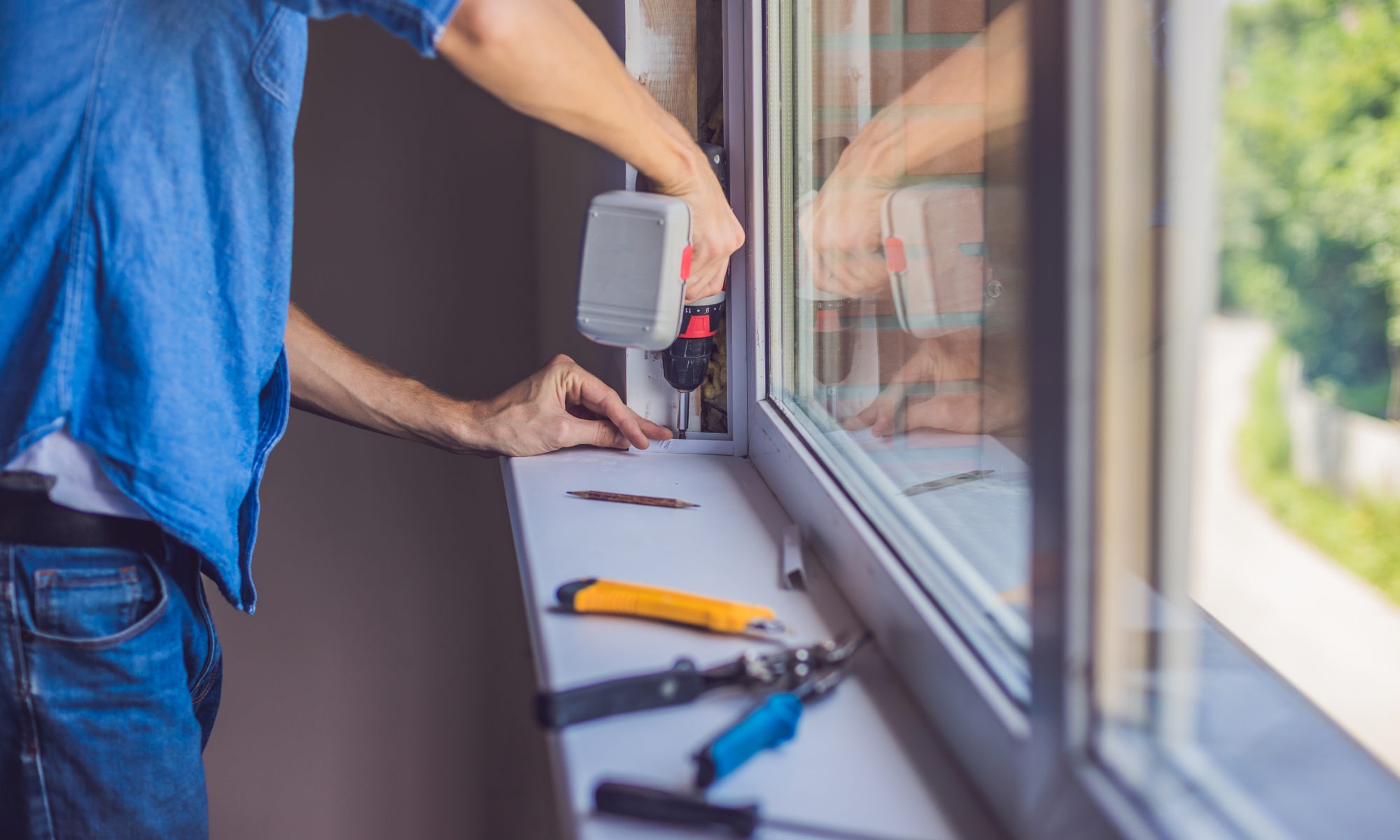

0 thoughts on “Which Receipts To Keep For Home Improvements”